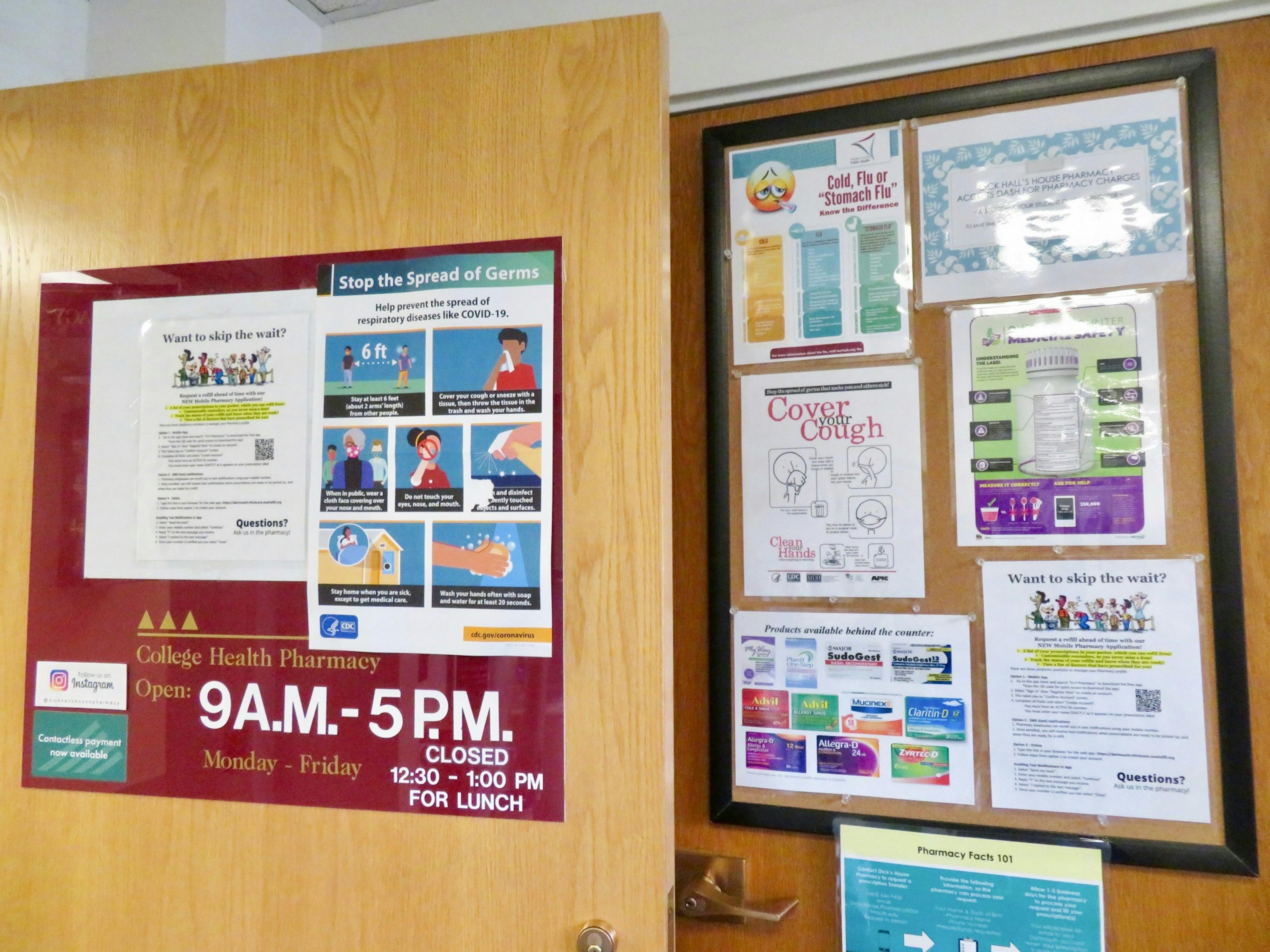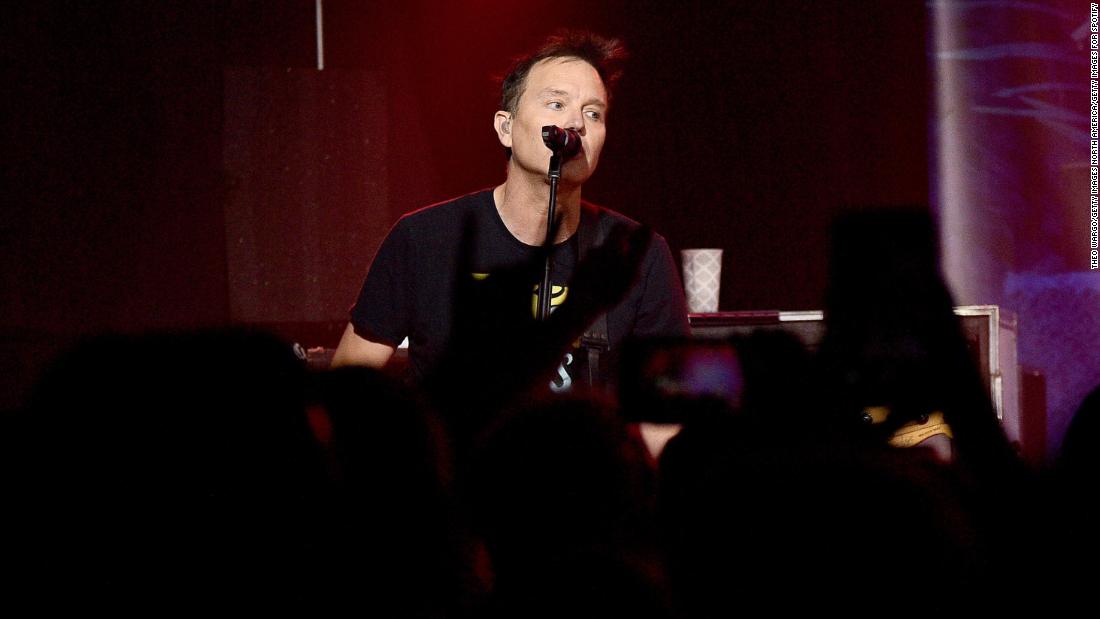MILWAUKEE — Marcus Stroman stole a base in the second inning of his start for the Mets on Tuesday night, with the first attempt of his career.
For his next career steal attempt: The hearts of Cubs fans?
“Chicago’s a great city,” said the right-hander, who might wind up as the most coveted starting pitcher in the upcoming free agent market.
“I’m open,” he said. “I want to be somewhere that wants me. I want to be on a team that wants me in their rotation for good and kind of go from there.”
Stroman at first glance looks like exactly what the Cubs want in their rotation — a modern-day workhorse with All-Star and Gold Glove pedigree and the kind of charisma that could make him a fan favorite and house-organ TV star.
And they’ve had their eye on him for years.
Stroman was a Cubs trade target during the first rebuild as a young pitcher with the Blue Jays, has one start left in another impressive, durable season, and would bring immediate credibility to management’s promise to compete next year as a frontline starter alongside Kyle Hendricks in the rotation.
And because he already accepted a qualifying offer from the Mets for 2021, he’s not eligible for another QO, making him an unrestricted free agent not tied to draft-pick compensation from the team that signs him.
That has the potential to put him at the top of a starting pitching class that also includes Toronto’s Robbie Ray — who likely will get a qualifying offer from the Blue Jays — and the Giants’ Kevin Gausman, who, like Stroman, has accepted a previous qualifying offer but is expected by many to stay in San Francisco on an extension.
But what does he think about the Cubs and their rebuild the front office won’t call a rebuild?
“The Cubs are always going to be a huge destination target,” Stroman said during a conversation with NBC Sports Chicago before a recent Mets-Brewers game in Milwaukee.
“Just because of the history of the franchise, how amazing the franchise is,” he said. “And the city’s one of my favorite cities. So I don’t think the Cubs will ever have trouble getting guys or having guys that want to go there. The organization’s been so good for so long, and it has that history there. I think everybody wants to play at Wrigley in front of that crowd.
“I think the Cubs will be fine. Even in their rebuild mode, I still think guys will want to go there.”
The bigger question when it comes to making a marriage between the Cubs and Stroman work this winter might be one for team president Jed Hoyer.
Just how serious is Hoyer about being “really active in free agency” with all that payroll flexibility freed up by pandemic cost-cutting and the trade-deadline purge of almost every veteran contract not stuck in place by the weight of excessive bad money?
RELATED: How Ross views role in acquiring free agents
Because if it’s about waiting out the collective bargaining talks and bargain-hunting, volume and signing a bunch of second- and middle-tier guys, then it could be a long rebuild.
And more to the point of this conversation: Goodbye, Marcus Stroman.
Somebody’s going to pay the man, with offers that could comes early in the free agency process given his unrestricted status.
“I’ve talked to my agent, and there’s going to be a bunch of interest,” said Stroman, 30, who has an All-Star appearance, Gold Glove, a pair of 200-inning seasons and a chance to finish this season with a sub-3.00 ERA when he makes his 34th start of the season Sunday in the Mets season finale.
“I’m excited, man,” he said. “It’s a good time to be a good starting pitcher in free agency.”
Even if the Mets, so far, haven’t recognized that enough to engage in extension talks.
“No talk. Zero,” he said.
Maybe that has something to do with Mets front office in disarray between a sexual harassment scandal that got one general manager fired and a DUI that got the interim guy suspended.
Still seems strange.
“I agree,” Stroman said, “But I know there’s a bunch of other teams out there, so I know that I’m going to end up where I’m supposed to end up.”
Maybe it’s Chicago.
Maybe it’s with another team willing to commit to a top-of-the-market starter.
“I’m not worried at all,” he said. “There’ll be at least one team that’s gonna give me what I want.”
Stroman’s 2021 workload and performance might be even more impressive after he opted out of the 2020 season because of health concerns for himself and family over COVID-19.
His first inning Sunday will be his 180th of the season, among the MLB leaders during a season workloads were heavily scrutinized across the league coming off of the pandemic-shortened 2020 season.
“I pride myself on that, making however many starts I’ve had this year, especially after throwing zero innings last year. Just a pride in the work ethic that I put in,” he said.
That’s why he’s not sweating his first adventure in free agency, no matter how turbulent the game’s economic and labor times seem.
“I’m truly a person who believes that if you put the work in, if you do everything right, everything kind of plays itself out,” he said. “I had an extensive offseason this past year. I put the work in to come out this year and have a good year. And now I’m going to go right back to the grind, putting the work in.
“And hopefully a team wants my services for the next four or five, six years. I’ll just be training and open to going anywhere man.”
Click here to subscribe to the Cubs Talk Podcast for free.
Cubs rebuild doesn't scare Mets free agent Marcus Stroman - NBC Sports Chicago
Read More






:no_upscale()/cdn.vox-cdn.com/uploads/chorus_asset/file/22889768/Cloudy_Bot___Feed_message.png)
:no_upscale()/cdn.vox-cdn.com/uploads/chorus_asset/file/22816768/androidappswindows11.jpeg)
















